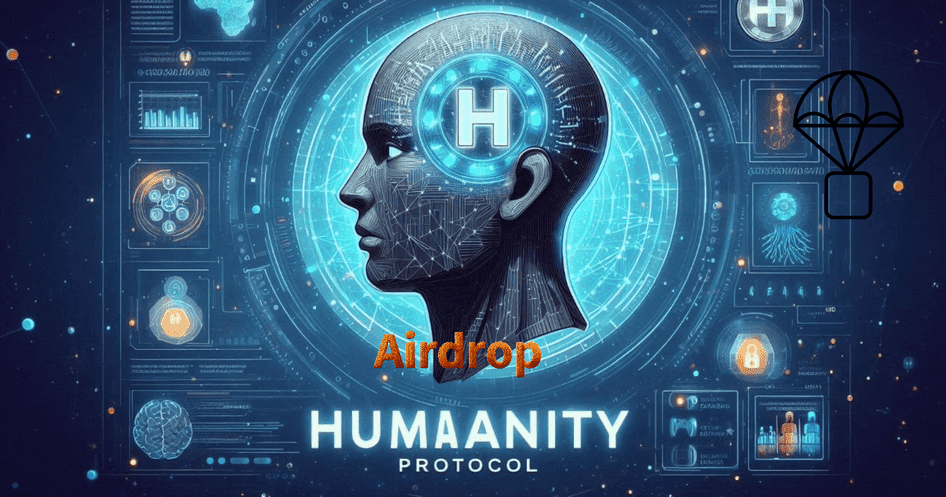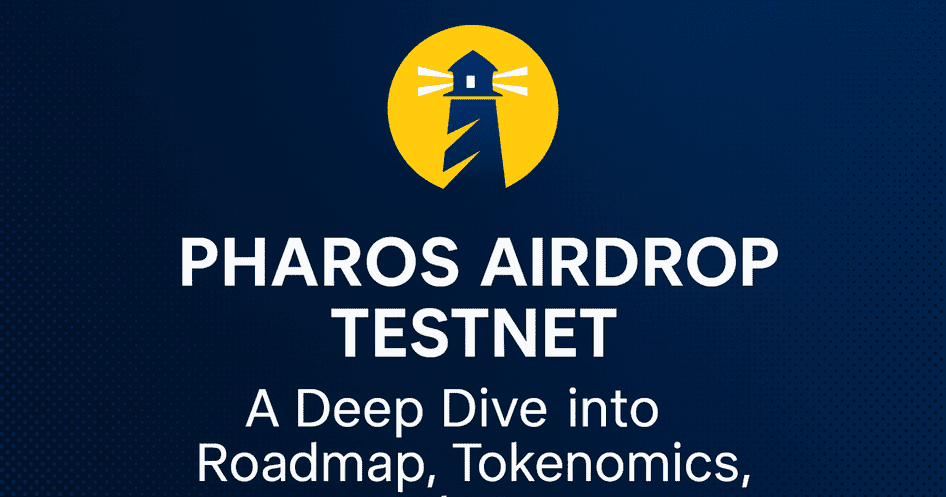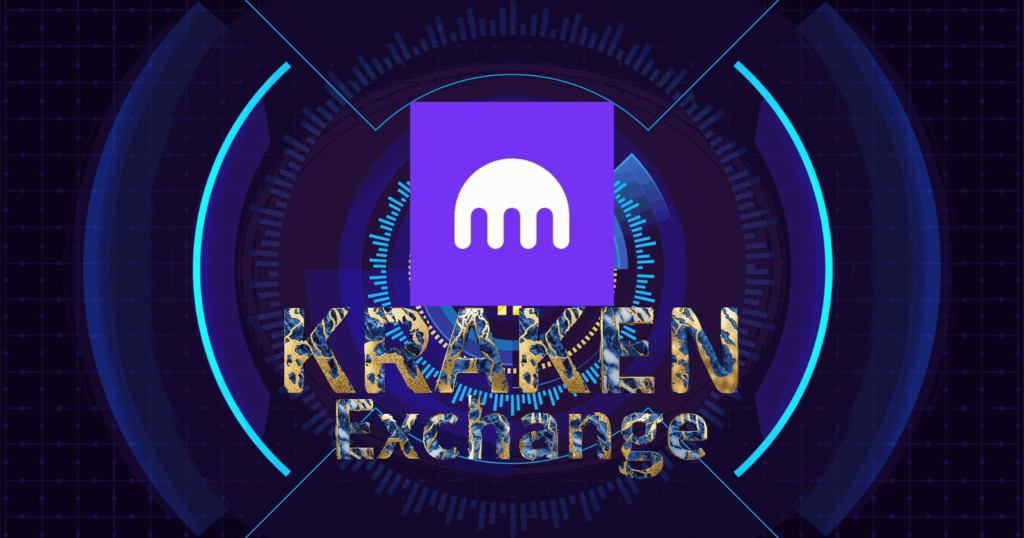
Is Kraken a Safe Exchange After the MtGox Collapse? : In the volatile world of cryptocurrency trading, safety and reliability are paramount concerns for investors. The collapse of MtGox in 2014, once the world’s largest Bitcoin exchange, left a lasting impact on the industry. As traders sought more secure alternatives, Kraken emerged as a prominent player. The question remains: Is Kraken considered a safe exchange following the MtGox collapse?
Understanding the MtGox Debacle
MtGox’s bankruptcy in 2014 was a watershed moment in the history of cryptocurrencies. At its peak, MtGox handled the majority of global Bitcoin transactions. However, mismanagement and a catastrophic hacking incident resulted in the loss of 850,000 Bitcoins, worth hundreds of millions of dollars at the time. This event highlighted the critical importance of security measures and regulatory compliance for cryptocurrency exchanges.
Why Choose Kraken?
Founded in 2011 and headquartered in San Francisco, Kraken has positioned itself as a secure and reputable cryptocurrency exchange. It offers a range of features and safeguards to protect users’ funds and maintain transparency in operations.
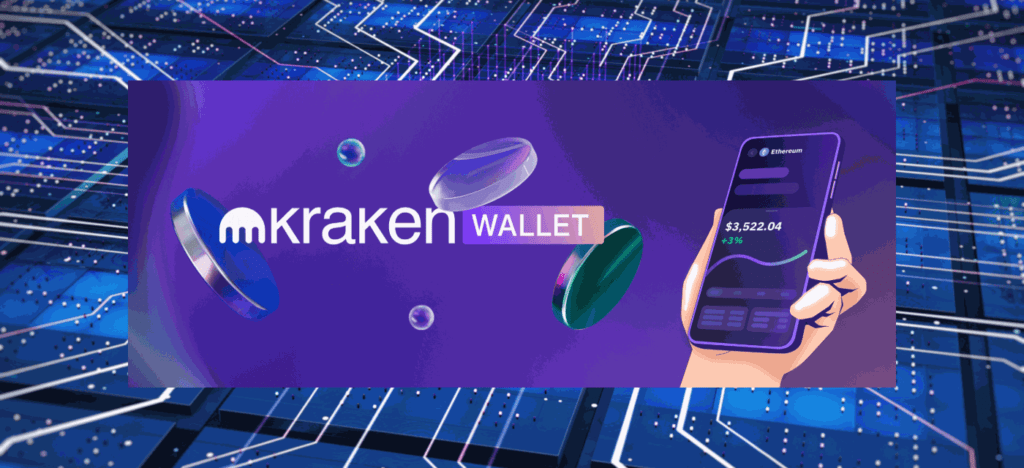
Key Features of Kraken
- Security Measures: Kraken employs advanced security protocols, including two-factor authentication (2FA) and the majority of user funds kept in cold storage to prevent hacking attempts.
- Regulatory Compliance: Unlike MtGox, which faced legal and regulatory challenges, Kraken operates in compliance with relevant laws and has established itself as a trustworthy platform.
- Insurance Coverage: Kraken provides insurance coverage to protect user funds against potential breaches or cyberattacks, offering an additional layer of security and peace of mind.
Security Measures at Kraken
Kraken has implemented a robust set of security protocols to protect its users’ assets and data. Here are some of the key features that contribute to Kraken’s reputation as a secure exchange:
- Cold Storage: Kraken stores the majority of its users’ funds in cold storage, which is offline and therefore less vulnerable to hacking attempts. Only a small portion of funds are kept in hot wallets for liquidity purposes.
- Two-Factor Authentication (2FA): To access their accounts and perform transactions, Kraken users must enable two-factor authentication. This additional layer of security helps protect against unauthorized access.
- Global Settings Lock (GSL): Kraken offers a unique feature called Global Settings Lock, which prevents any account changes (like withdrawal addresses) from being made without additional verification. This protects users even if their account credentials are compromised.
- Master Key and PGP Encryption: Kraken encourages users to use a Master Key, which acts as a second layer of 2FA for account recovery. Additionally, the platform employs PGP/GPG encryption for all email communication, enhancing the security of account-related communications.
- Security Audits and Penetration Testing: Kraken regularly undergoes security audits and penetration testing to identify and fix potential vulnerabilities. This proactive approach to security is a crucial aspect of its operations.
- Bug Bounty Program: Kraken incentivizes the discovery of security vulnerabilities by offering rewards through its bug bounty program. This encourages external security experts to report potential issues before they can be exploited.
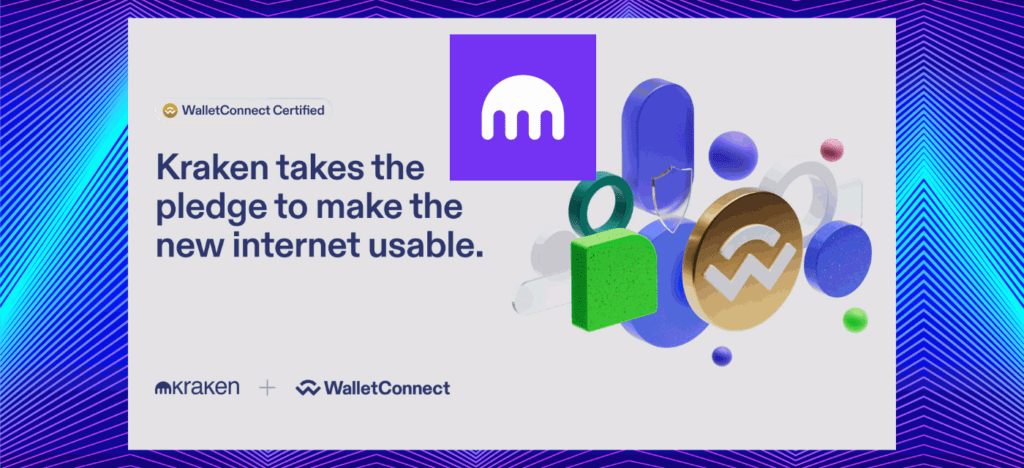
Comparative Analysis with MtGox
To assess Kraken’s safety post-MtGox, it’s essential to compare both exchanges in terms of security, reliability, and community trust.
Security Track Record
- Kraken: Has not experienced any major security breaches leading to significant loss of user funds.
- MtGox: Suffered a catastrophic security breach resulting in the loss of 850,000 Bitcoins, leading to its eventual bankruptcy.
Regulatory Compliance and Transparency
Kraken’s commitment to regulatory compliance is another cornerstone of its reputation. The exchange operates under the oversight of several regulatory bodies and has obtained licenses in multiple jurisdictions. Key points include:
- Licenses and Registrations: Kraken holds various licenses, such as a BitLicense in New York and registration with FinCEN in the United States. These credentials demonstrate its commitment to adhering to financial regulations.
- Proof of Reserves Audits: Kraken was one of the first exchanges to conduct a proof of reserves audit, providing transparency about the amount of assets held in custody for its users. This practice helps build trust and accountability.
- Anti-Money Laundering (AML) and Know Your Customer (KYC) Compliance: Kraken enforces strict AML and KYC policies to prevent illegal activities and ensure a safe trading environment. Users are required to verify their identities before accessing advanced features and higher withdrawal limits.
- Kraken: Operates under strict regulatory frameworks, ensuring compliance with laws and regulations.
- MtGox: Faced legal challenges and regulatory scrutiny, contributing to its downfall.
Community Trust
- Kraken: Enjoys a high level of trust among users and the cryptocurrency community, with positive reviews and a strong reputation.
- MtGox: Lost credibility and trust after the hacking incident and subsequent bankruptcy.
Kraken’s Role in the MtGox Aftermath
Kraken was selected to assist in the MtGox bankruptcy proceedings, helping with the investigation and distribution of remaining assets to creditors. This involvement underscored Kraken’s reliability and competence during a critical period for the cryptocurrency industry.
Frequently Asked Questions (FAQs)
Is Kraken safer than MtGox?
Kraken has implemented robust security measures and operates under stringent regulatory oversight, making it a safer choice compared to MtGox, which suffered a significant security breach and bankruptcy.
How does Kraken protect user funds?
Kraken uses cold storage for the majority of user funds, employs 2FA for enhanced security, and provides insurance coverage against potential losses due to breaches or cyberattacks.
What should I consider before using Kraken?
Before using Kraken or any cryptocurrency exchange, consider factors such as security features, regulatory compliance, user reviews, and the exchange’s track record in handling security incidents.
Is Kraken a Safe Exchange to Use?
Yes, Kraken is widely regarded as one of the safest cryptocurrency exchanges. It employs robust security measures such as cold storage, two-factor authentication, and regular security audits to protect users’ funds and data.
2. How Does Kraken Protect User Funds?
Kraken protects user funds by storing the majority in cold storage, which is offline and secure from hacking attempts. Only a small portion of funds are kept in hot wallets to facilitate withdrawals and trading.
What Are Kraken’s Security Features?
Kraken offers several security features including two-factor authentication (2FA), Global Settings Lock (GSL), Master Key, PGP/GPG email encryption, and a bug bounty program. These measures help safeguard user accounts and communications.
Is Kraken Regulated?
Yes, Kraken is regulated and has obtained various licenses. It holds a BitLicense in New York and is registered with FinCEN in the United States. Kraken also complies with international financial regulations and enforces strict AML and KYC policies.
Has Kraken Ever Been Hacked?
As of now, Kraken has not suffered any major hacks that compromised user funds. The exchange’s proactive security measures and commitment to regular audits have helped maintain its reputation as a secure platform.
How Does Kraken Ensure Transparency?
Kraken was one of the first exchanges to conduct proof of reserves audits, demonstrating that it holds enough assets in custody to cover user balances. This commitment to transparency helps build trust and accountability.
Read More
#KrakenExchange #CryptocurrencySecurity #MtGoxCollapse #BitcoinExchange #CryptoTrading #FinancialSecurity #RegulatoryCompliance #CryptoFAQ #BlockchainTechnology #DigitalAssets
Latest Post
- Coinbase Stock: Is Coinbase Stock good Investment?
- Navigating Cryptocurrency: A Beginner’s Untapped Guide for 2024
- “Unlocking the Future: BlackRock’s Pioneering Spot Bitcoin ETF and Crypto Revolution”
- Unlocking the Secrets of Cryptocurrency Airdrops: Your Gateway to Crypto Riches
- Unveiling the Top Blockchain Stocks for 2024: Your Ultimate Investment Guide
